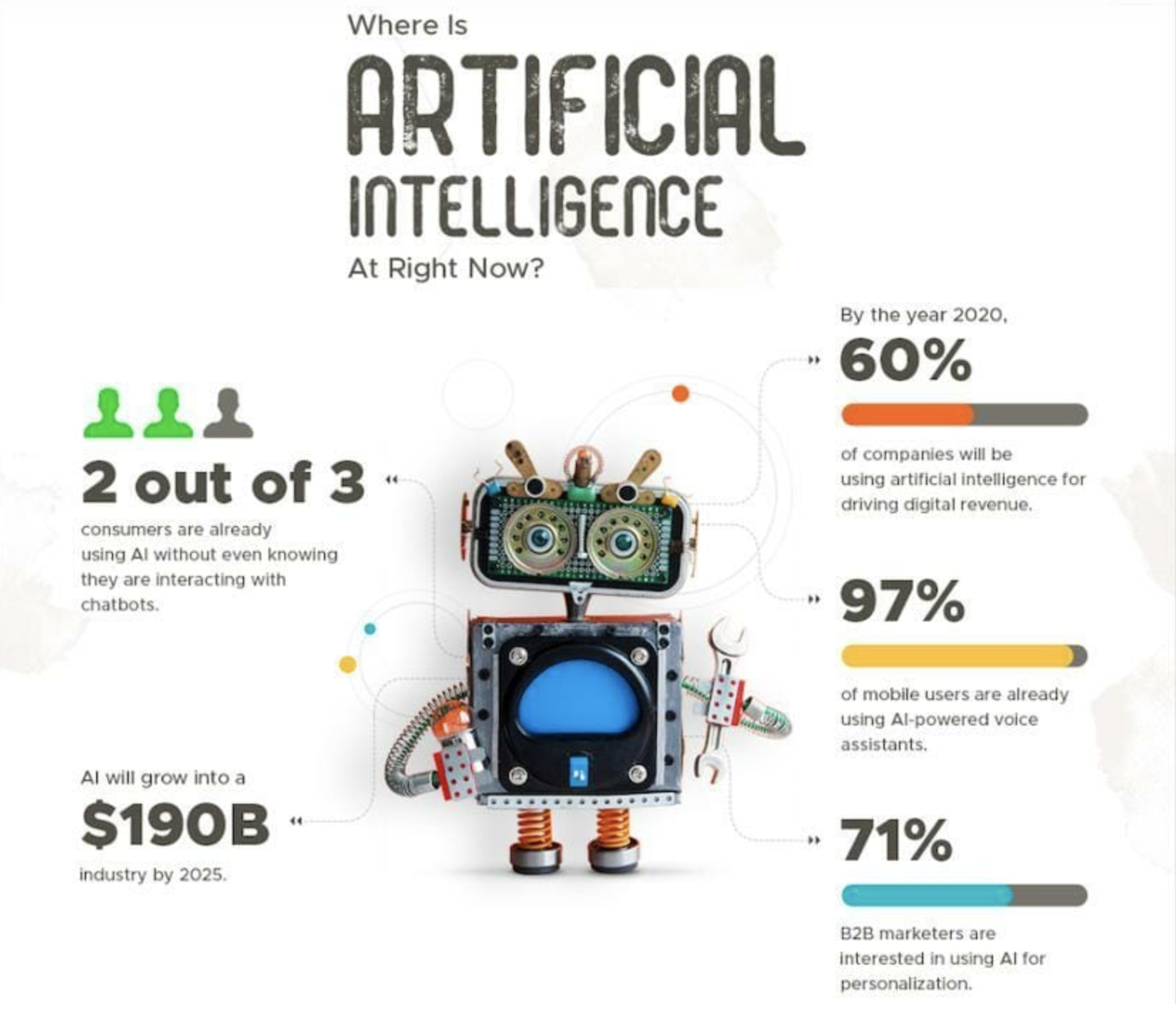What I do know for sure is that having an understanding of AI is going to become more important for more professions. We are living through the data explosion era, AI is the missing piece of the jigsaw.
AI split by functional use cases
- by Alex Antonatos

What everyone in the world is calling AI today will specialize into several functional areas in the next years. The main areas will be : Robotic Process Automation (RPA); automated engineering and selection; perception AI, which is the automation and refinement of physical perception; and resource allocation AI.
RPA is becoming more popular most companies are starting to utilize it for their customer service ex: for quick responses, here is a use case example of RPA from Lyft:

Other good RPA use cases , are automated invoice processing, sales order, payroll, price comparison, storing customer information.
The next big thing is feature engineering and its broken down in these 4 areas:

Feature engineering is about understanding your company data and to enable, the performance of a predictive model that is heavily dependent on the quality of the features in the dataset used to train that model. If you are able to create new features which help in providing more information to the model about the target variable, it’s performance will go up. As most corporations, don’t have enough quality features in their dataset, they will lean on feature engineering. There are few certainties in data science: libraries, tools, and algorithms constantly change as better methods are developed. However, one trend that is not going away is the move towards increased levels of automation. AI in general is here to stay.
Perception AI is quickly advancing and the most visible to all within the transportation industry, with self lerning driving cars and trucks.
Resource allocation AI is the overview efficiency and effectiveness of an entire organization depends greatly on how well its resources are being utilized. Resources may include personnel, equipment, vehicles, space, warehouses, etc- still in its infancy, but a hot topic of ethics ex: How do we distribute the wealth created by machines? Some ethical questions are about mitigating suffering, some about risking negative outcomes. While we consider these risks, we should also keep in mind that, on the whole, this technological progress means better lives for everyone. Artificial intelligence has vast potential, and its responsible implementation is up to us.